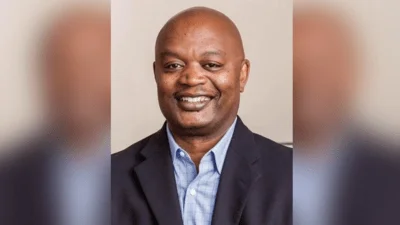Paul Anderson, Minnesota State Representative of 12A District | Official Website
Paul Anderson, Minnesota State Representative of 12A District | Official Website
The Minnesota Supreme Court has ruled that biological males are allowed to compete in female athletics. State Representative Paul Anderson, R-Starbuck, criticized the decision, expressing concerns about the safety of girls and the integrity of fair competition.
Earlier this year, House Republicans introduced two bills aimed at protecting female athletes and ensuring fair competition. One of these, the Preserving Girls Sports Act (H.F. 12), would have limited participation in school sports designated for women or girls to female students only. Anderson cited polling data suggesting that about 80 percent of respondents support the bill’s position.
“Our girls deserve safe, fair competition, and this ruling really works against that,” Anderson said. “The overwhelming majority of people believe biological males shouldn’t be in girls’ sports. Allowing it is concerning, especially when it comes to safety and fairness. This Supreme Court ruling shows why House Republicans attempted to clarify state law earlier this year.”
Anderson also pointed to online reports of injuries suffered by girls competing against biological males in women’s sports, ranging from concussions to lost teeth. He referenced a United Nations report indicating that female athletes globally have lost nearly 900 medals to transgender men participating in their events.
“I have a granddaughter who plays soccer,” Anderson said. “For a number of reasons, I don’t want her to have to be out there competing against biological males.”
House Republicans attempted to pass the Preserving Girls Sports Act last March, but House Democrats voted against it and blocked its passage. The bill was tabled and remains available for consideration in the 2026 legislative session, along with H.F. 1233, which addresses similar issues.
The Supreme Court’s ruling came in the case of Cooper v. USA Powerlifting. The court found that USA Powerlifting discriminated against a transgender athlete by barring her from women’s events under the Human Rights Act. The case has been sent back to a lower court to determine whether a “competitive fairness” defense could be considered a valid exception.


 Alerts Sign-up
Alerts Sign-up